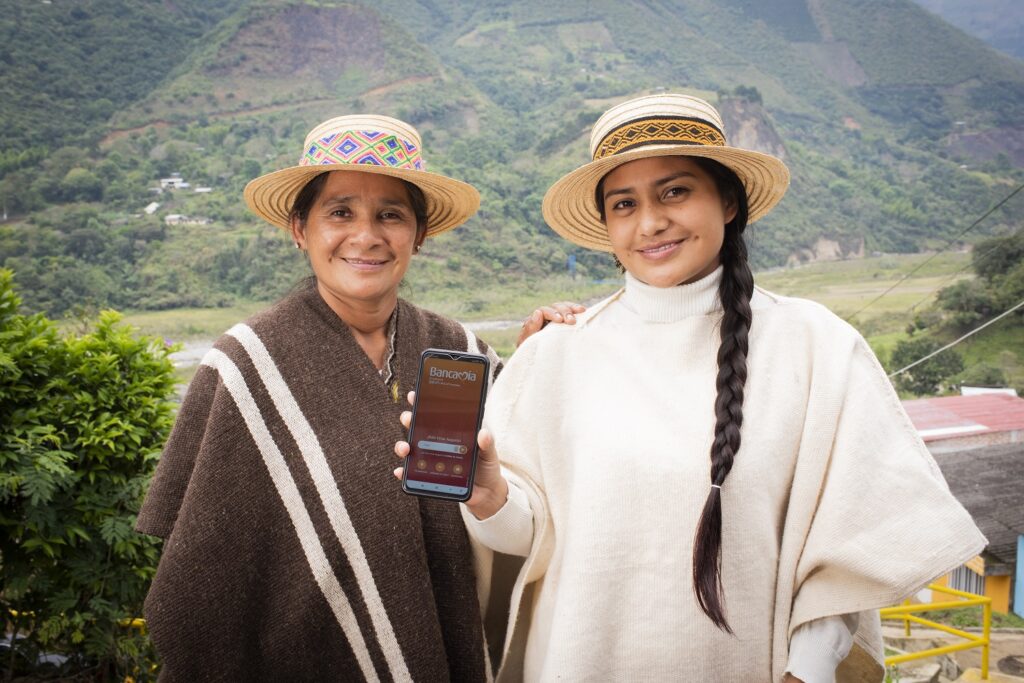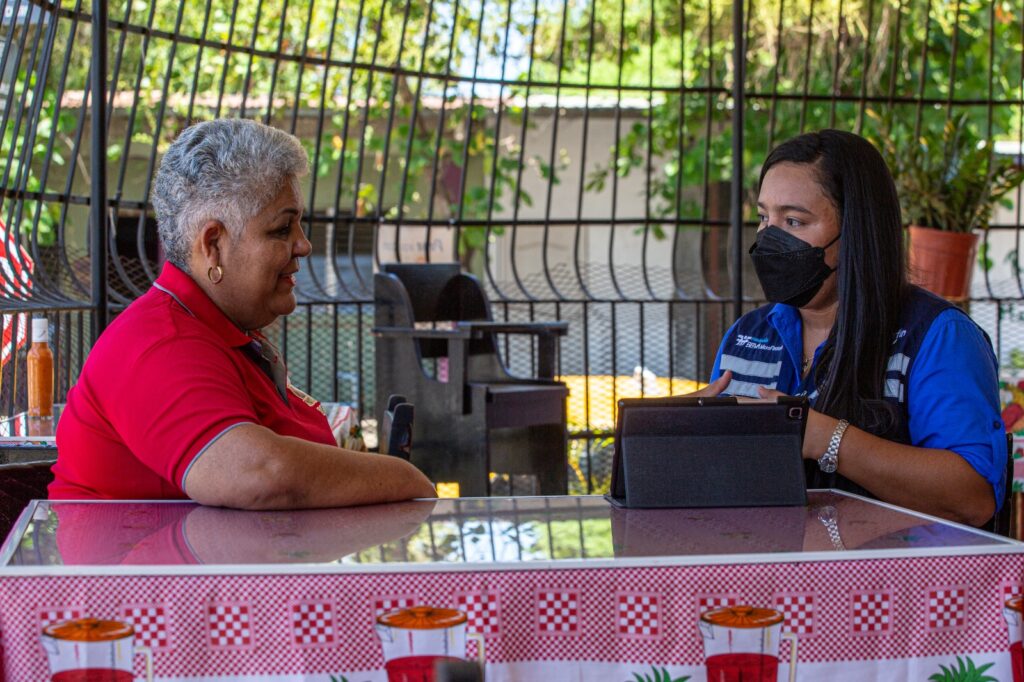This adherence is supported by the Foundation’s commitment to contribute to the digital inclusion of low-income populations in Latin America, to be executed through its microfinance institutions and with a USD 7 billion disbursement. 4.5 million entrepreneurs will be directly targeted by this initiative that will be implemented with productive loans and other development programs. Approximately 14 million people are estimated to be impacted. This commitment is focused on the digital sector, aimed to reduce the digital gap detected by the United Nations (studies reveal that more than a third of the global population don’t have access to the opportunities brought by the internet).
Edison is one of the partnerships pioneered by the World Economic Forum; based on accelerating people’s access to digitalization, focused on financial inclusion, education and health. It gathers main leaders from the public and the private sector to reduce the digital divide that affects 37% of the global population, an estimated 2.9 billion people (Source: ITU, International Telecommunication Union is the specialized telecommunications agency of the United Nations Organization). These figures show the need for measures that help bridge this gap.
“The combined effect of digitization and education offers endless opportunities to the most vulnerable and positively impacts their lives. Promoting inclusive and sustainable growth is a key strategic priority for BBVA,” said BBVA’s Chair.

Colombian entrepreneur, Florinda Chavez handcrafts hats and her daughter, use Bancamía’s (BBVAMF) Banca Móvil App
With regards to financial inclusion, according to the latest data from the World Bank, almost 1.7 billion adults, mostly from poor countries, don’t have a bank account. They comprise 31% of the global adult population.
BBVA chairman Carlos Torres Vila announced today at the World Economic Forum’s Annual Meeting in Davos that BBVA is joining Edison Alliance, with the BBVA Microfinance Foundation’s commitment to contribute to the digital inclusion of vulnerable segments in Latin America.
The BBVA Microfinance Foundation implements this commitment through its productive finance methodology (financial services, training and advice) including digital solutions and programs to develop their digital and financial skills, facilitate internet access and with a special attention towards women who make up the majority of the 4.5 million people who will be impacted.
The Foundation is a non-profit organization created by the BBVA in 2007 within its corporate social responsibility framework to support people under vulnerable conditions. Its objective is to promote the economic and social development of these entrepreneurs. In its 15 years of activity, its microfinance institutions in five Latin American countries have disbursed more than EUR 14 billion in loans to low-income entrepreneurs. Because of this, it has, for the third consecutive year, been acknowledged as the second foundation in the world in development contribution, behind the Bill & Melinda Gates Foundation and ranks first in Latin America, according to the latest data published by the OECD.

Julia Margarita Sandoval, Panamanian entrepreneur of Microserfin (BBVAMF), with her microfinance officer who uses a mobile device
Impact assessment and digital transformation
The Foundation has also turned into a global reference in social impact assessment. This year, in alliance with Oxford University’s SOPHIA, it will present its first Multi-dimensional Poverty Index for clients, which reflects the deprivations experienced by the entrepreneurs (education, health, housing).
“We study the poverty of entrepreneurs and this information is very valuable in designing our actions. This way we have a suitable value proposition for improving their housing, for access to decent and affordable health services, for their education and that of their children, and for access to connectivity with a level of digitization that allows them to improve their lives”, shared the Foundation’s CEO, Javier M. Flores.
Innovation is part of the Foundation’s DNA. For years, it has been working towards the digital transformation in the microfinance sector through initiatives like developing digital channels thanks to microfinance officers that visit entrepreneurs in their homes or places of work, equipped with a mobile device which features the complete functionality of a branch office. Furthermore, they could execute cash transactions in small stores that serve as branches. Lastly, with an adapted “app” (with chat-like properties) that allow them to do operations from their phones, avoiding trips that cost time and money. The Foundation is also one of the most advanced players in using biometrics solutions and digital signatures.
The Foundation is aware of how essential it is for low-income people to access the internet to overcome the digital gap and to progress, that is why it also brings connectivity to remote areas and training programs in digital skills to leave no one behind.

